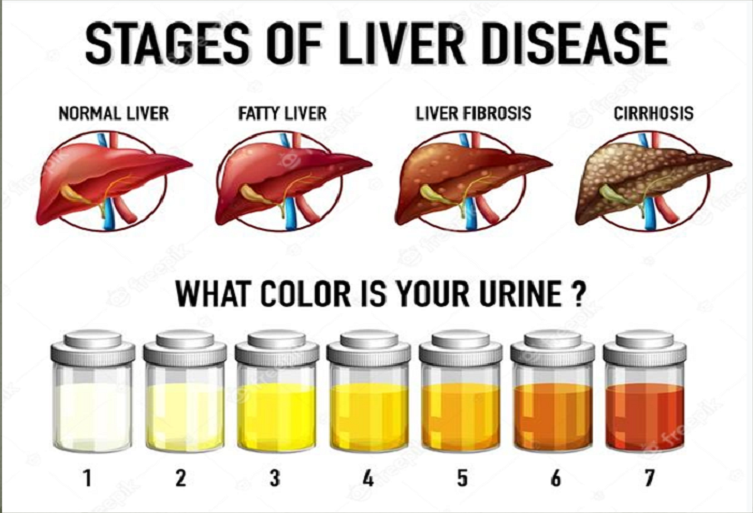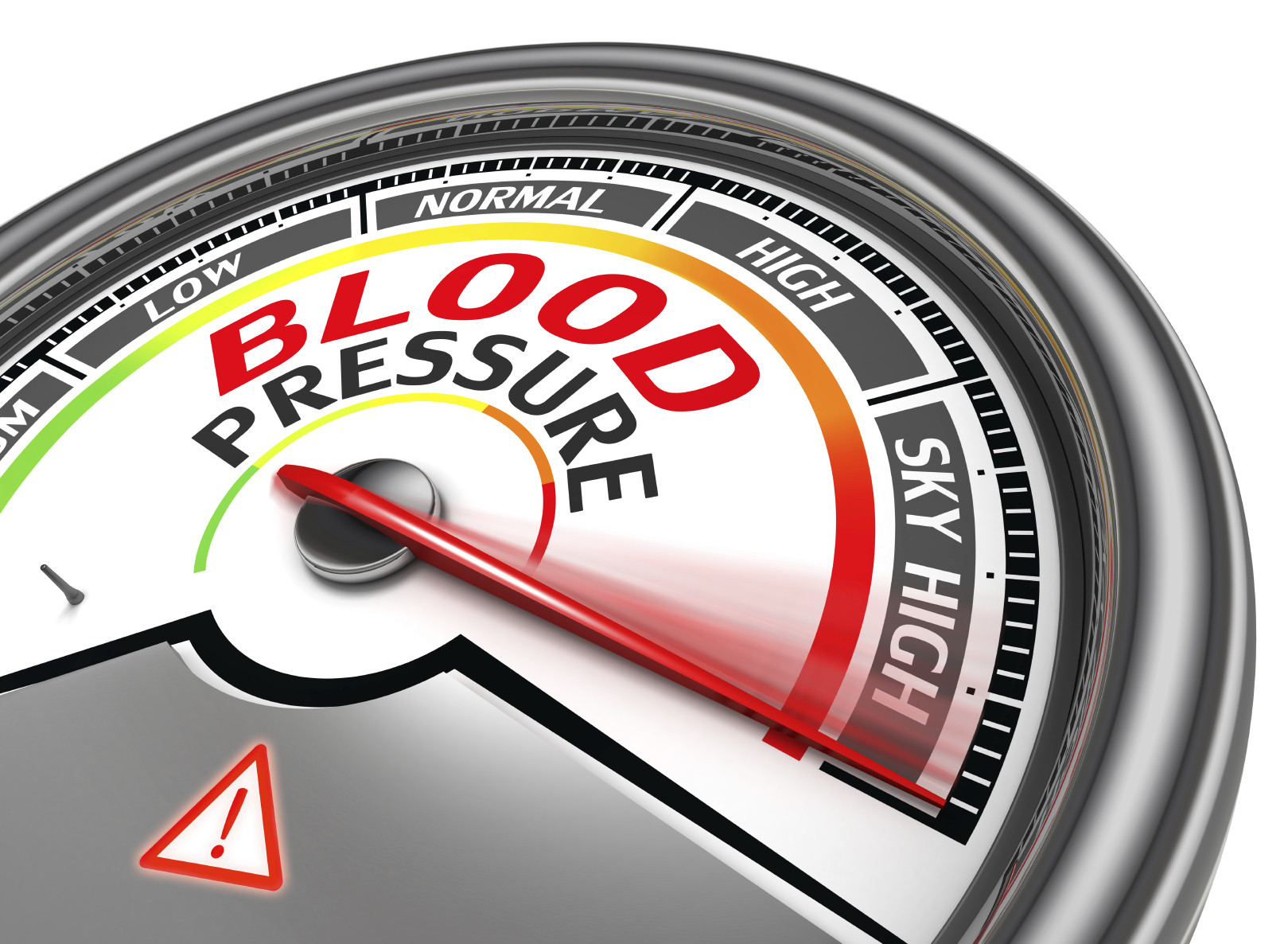Aging comes with its own set of challenges and changes, and when you introduce alcohol into the mix, things get even more complex. The body doesn’t process alcohol the same way it did in your twenties or thirties. As you get older, you might find that a couple of drinks affect you differently, and it’s not just your imagination. It’s down to how our bodies change over time.
So, here’s a fact. As you age, your body composition shifts. You lose water and lean muscle mass—two things that love soaking up alcohol. With less body water, alcohol stays concentrated, which means it hits you harder. Also, the enzymes in your liver that break down booze? They slow down with age. All these changes mean you might be more sensitive to the effects of alcohol than before.

Older men often face unique challenges with alcohol. According to some studies, they might not drink as much as the younger crowd, but they’re at a higher risk of running into health issues from drinking. This is why it’s so important to get a handle on how your body interacts with alcohol as the years go by.
And let’s not forget alcohol’s sneaky ability to worsen chronic conditions. Things like diabetes, high blood pressure, and heart problems can be aggravated by alcohol use, making it vital for older men to be mindful of their drinking habits.
Understanding statistics can paint a clearer picture too. Research shows a significant number of older men consume alcohol regularly, which makes awareness all the more crucial. Knowing your limits and being informed can help steer you in a healthier direction, ensuring your later years stay golden without that extra hangover hassle.
The Impact of Alcohol on the Cardiovascular System
Alcohol can be a double-edged sword for your heart, especially as you get older. While some folks might argue that a glass of red wine is good for you, the reality for older men isn’t so straightforward. The line between safe and risky drinking blurs a bit when you’re dealing with an aging ticker.
Let’s talk heart health. Drinking too much can elevate your blood pressure, which is a major risk factor for both heart disease and stroke. When your blood pressure shoots up, your heart’s working overtime, and that’s not something you want as you age. Managing your drinking can help keep your heart beating strong and steady.

Also, there’s this thing called atrial fibrillation—an irregular heartbeat that becomes more common as we age. Alcohol can trigger episodes, which might lead you down the path to serious complications. Being aware of your alcohol intake means you’re also looking out for your heart’s rhythm.
Alcohol isn’t just about what it does—it’s about what it might cover up. Some men might self-medicate with drinks to deal with underlying heart issues, masking symptoms that need attention from a doc. Those friendly ‘drinks with the guys’ can sneakily cover up serious symptoms you should definitely keep an eye on.
If heart health is a concern, it’s a good idea to chat with your doctor about your drinking habits. They can help sort out what’s safe for your personal health situation, ensuring that you’re not accidentally signing up for more than just a headache in the morning.
Balancing alcohol consumption is key. Remember, moderation isn’t just a word—it’s your heart’s best friend. By keeping tabs on your alcohol intake, you’re doing your future self a favor, giving your heart the support it needs to keep on ticking.
Alcohol’s Influence on Cognitive Functions
Getting older naturally brings changes to our brains, but alcohol can accelerate these changes in some not-so-great ways. Problems like memory loss and confusion might not just be because of age—they might be linked to how much you’re drinking.
One big concern is alcohol-related dementia. This is when too much drinking starts to hit your brain’s ability to handle day-to-day tasks like remembering appointments or managing time. Even if you’re just having a few drinks now and then, in the long run, it can take its toll.
And there’s more to consider. Alcohol can seriously mess with your mental health. Depression and anxiety might creep in when alcohol is used as a crutch. It’s one thing to enjoy a social event, but if booze becomes a go-to for coping with stress or other emotions, it can create bigger problems down the road.

Got any seniors in the family who like a drink with their dinner? Watch out for decision-making going a bit haywire. Alcohol affects judgment, and when mixed with decisions around driving or managing finances, it could end up in sticky situations.
So, what’s the game plan? Keeping a grip on how often and how much you’re drinking can help keep your mind sharp. It’s also about getting involved in things that stimulate you mentally—think puzzles, reading, and social activities that don’t revolve around a bar.
If you or someone you care about notices cognitive changes, it might be worth considering cutting down on drinking. There’s no shame in asking for help. Friends, family, or healthcare professionals can offer support, and in doing so, protect those precious memories and cognitive skills for the long haul.
How Alcohol Affects the Liver and Kidneys
When it comes to the liver and kidneys, alcohol doesn’t play nice, especially as your body ages. The liver is the body’s workhorse when it comes to processing alcohol. However, as you get older, this vital organ isn’t as efficient at breaking down booze, leading to higher risks of liver damage.
Chronic drinking can lead to liver diseases like cirrhosis or hepatitis, and it isn’t just about heavy drinking. Even moderate drinking over a long period can cause harm. The liver’s ability to regenerate slows with age, which means damage can become permanent quicker than you might think.

Alcohol puts the kidneys through the wringer as well. These organs are crucial in filtering waste from your blood, and they also help in regulating fluid and electrolytes. With alcohol, the kidneys might not do their job as well, leading to dehydration and a slew of other issues. Plus, alcohol can interact with medications often prescribed for kidney conditions, complicating things further.
So, what’s a guy supposed to do? Monitor your drinking habits and pay attention to any signs your body’s not handling alcohol well. Things to watch for include changes in how often you urinate, unusual tiredness, or yellowing skin—all potential red flags signaling liver or kidney issues.

Taking care of your liver and kidneys involves more than just watching your drink count. Staying hydrated, eating a balanced diet, and getting regular check-ups with your healthcare provider can help keep these vital organs in top shape. When in doubt, don’t shy away from having a conversation with your doctor about how your drinking could be affecting these major organs.
Musculoskeletal and Bone Health Concerns
Alcohol and strong bones don’t really go hand in hand, especially as you age. For older men, keeping bones and muscles healthy becomes more critical, and alcohol isn’t doing any favors here.
One way alcohol throws a wrench into the works is by reducing bone density. Heavy drinking can slow down the production of new bone, leaving you with weaker bones and a higher chance of breaks and fractures. It’s like weakening the foundation of a house and expecting it to stand strong.
Loss of muscle mass is another misfortune laid by alcohol. As it depletes nutrients and energy stores, maintaining the strength and function of muscles becomes an uphill battle. This can make falls more likely and recovery from injuries a slower process. Not the kind of thing you want to gamble with, especially later in life.

So, how should you tackle this? Awareness is key. If you’re knocking back more than a drink or two on a regular basis, it’s time to rethink that habit, especially if you want to keep moving and doing the things you love.
Eating foods rich in calcium and vitamin D, exercising regularly, and staying on top of bone density screenings can be protective measures. These habits, along with reducing alcohol consumption, can help preserve muscle strength and bone health as you age.
If you’re uncertain where you stand on the bone health scale, chatting with a healthcare provider can be enlightening. They can help set you up with a plan that keeps your bones and muscles in the best shape possible.
Digestive System and Nutrition Absorption Challenges
Alcohol doesn’t just affect your bones or liver. It can really mess with your gut too. And as you age, your digestive system might already need a bit more TLC than it used to.
One immediate effect of alcohol is irritation to the stomach lining. This can lead to problems like gastritis, which is all sorts of uncomfortable. You might feel bloated, gassy, or just plain uneasy after eating. Plus, alcohol can speed up the digestive process, bypassing the all-important nutrient absorption phase.

For older guys in particular, this means you might not reap the benefits of the nutrients you’re eating. And that can lead to deficiencies in vitamins and minerals over time—things like vitamin B12 and folate, which are crucial for maintaining energy levels and brain function.
Alcohol can also suppress your appetite, leading to skipping meals or poor meal choices. This doesn’t help the nutrient situation, and can even contribute to malnutrition if not watched closely.
But it’s not all doom and gloom. By moderating your alcohol intake, you give your digestive system a fighting chance to absorb those much-needed nutrients. Eating balanced meals, rich in fiber, and staying hydrated can support digestion and nutrient absorption too.

If digestive issues persist, consulting with a healthcare professional can provide clarity and guidance. They can suggest dietary changes or supplements to help keep your gut—and the rest of you—in good working order.
Medications and Alcohol: A Dangerous Combination
Mixing alcohol with medication can be more hazardous than you might think, particularly as you age. Many older adults are on one or more prescriptions, and alcohol can interfere with how these medicines work in your body.
Alcohol can enhance the drowsy side effects of medications like antidepressants or sedatives, which can lead to increased risk of falls and injuries. It’s like doubling down on the side effects you’re probably already trying to avoid.

Blood-thinning medications are another point of concern. Alcohol can affect how these medications work, potentially leading to bleeding problems. This is where having a heart-to-heart with your healthcare provider comes in handy.
Even common over-the-counter meds can become risky with alcohol in the mix. Pain relievers like ibuprofen or acetaminophen might not play well with alcohol, increasing the chance of liver damage.
It’s important to check with your doctor or pharmacist about potential interactions between alcohol and your meds. Being informed helps you make safer choices and avoid unwanted side effects that can complicate health issues.

Remember, even if a small drink seems harmless, the interaction with medications could tell a different story. Your health is worth that extra bit of vigilance to ensure your medications are doing their job without any hiccups.
Seeking Help: Strategies and Resources for Reducing Alcohol Intake
Recognizing when drinking becomes more than just a social habit is an important first step. If alcohol starts interfering with daily life or health, it might be time to consider cutting back.
One of the most effective strategies is setting clear, achievable goals. Whether it’s limiting drinking to certain days or reducing the number of drinks, having a plan can help keep things in check.
Accountability partners, like friends or family members who know your goals, can offer support and encouragement. They can enjoy non-alcoholic alternatives with you, making it easier to stick to your plan.

Exploring alcohol-free activities is a great way to shift focus. Picking up a new hobby, joining a club, or engaging in sports can offer social interaction without the alcohol element.
When just cutting down doesn’t seem like enough, seeking professional help is a solid option. Therapists and counselors can provide personalized strategies for managing alcohol use. They’re trained to offer support tailored to your needs.
Support groups like Alcoholics Anonymous provide a community of individuals facing similar challenges. Sometimes, being surrounded by people who understand what you’re going through provides the boost needed to make lasting changes.
Remember, cutting back on alcohol isn’t about giving up—it’s about gaining. By making a plan to reduce intake, you’re investing in better long-term health, keeping your body and mind in good shape.
As always thanks for reading the article & I hope you found it helpful. If you have any questions or comments ,please leave them below & I will reply to you.




